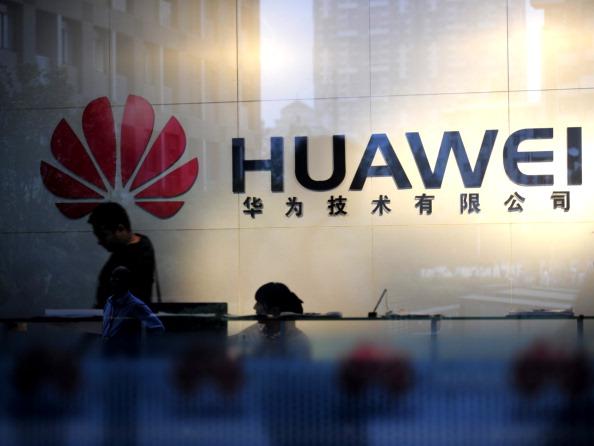Chinese telecommunications giant Huawei’s market dominance in Africa can be exemplified by remarks made in 2016 by Pang Jimin, then-president of the company’s Global Government Affairs department.
“Of the several dozen available commercial 4G networks in Africa, more than 70 percent were built by Huawei,” Pang said at an industry conference in Egypt, according to African online business site African Business Central.




